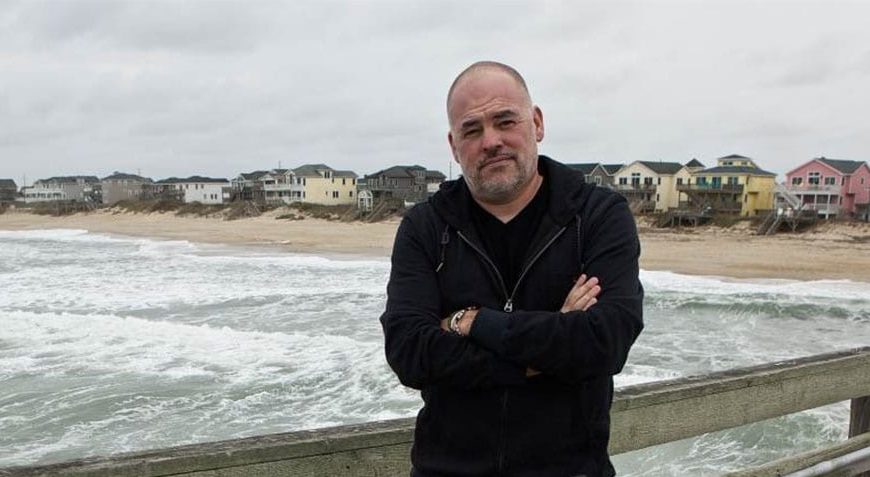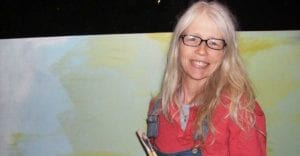 A few weeks ago, a student wrote and asked me why I had given him an A- instead of an A as a final grade.
A few weeks ago, a student wrote and asked me why I had given him an A- instead of an A as a final grade.
This wasn’t at Goddard, obviously. I also teach television at NYU’s Tisch School of the Arts, which is far from our program and not just because of the letter grades, urban setting, and truly jaw-dropping tuition. My Goddard students are older than my ones at NYU; and their commitment to writing, eked out of busy working and family lives, is harder-earned and feels more precious, at least to me. Their goals certainly don’t preclude commercial success; what writer doesn’t want to be published or produced? But Goddard students also want to create something that is personal, literary, and lasting. The only ones who truly get to do that kind of thing in television are the creators and show runners… and even they have to leap hurdles that are not only creative, but commercial and corporate.
I think about stuff like this a lot, now that we’re about to launch the television writing focus.
While I also write books and plays, I’ve written a lot for television: most of it for children, some for adults, quite a bit of comedy, a fair amount of documentary. I have written under headwriters/story editors, whose job it is to mold (i.e. heavily rewrite) everyone else’s scripts. This isn’t a bad thing, by the way: you do want a series to feel like a series. I’ve been a headwriter myself and have also pitched my own shows and had development deals. When I teach TV, I tell my students that every script is different, yet requires the same non-negotiable basics: an understanding of drama, story structure, and the limits and possibilities of the form. Good grammar is important, even if you end up subverting it; so is timing. You also need an ear for dialogue, an appreciation of clarity and brevity, and more often than not, a sense of humor. Last but not least, you need to know how to respond to notes. Lots and lots of notes.
Which leads me back to my student.
To be honest, at first I was taken aback and not just because I consider an A- an incredibly good grade, one I would have killed for as an undergrad. He’s a fine student. He asked lots of questions, worked hard, and was always the first to get his assignments posted. He took every single note the other students and I had given and worked them into his script; his final draft was a virtual bloodbath of tracked changes. It took me a while to figure out my response, and when I did, I realized it relates to not only the work I do at Goddard as an advisor, but my own writing, especially the kind I do for production or publication.
And that is how to respond to criticism.
This may come as a shock to some, but notes don’t exist to satisfy the raging ego of the note-giver—even if s/he is in a position of so-called authority, e.g. your headwriter or teacher or advisor. They aren’t really about you, either. Notes, even the bad ones, are meant to be about the work itself. They’re an opportunity to gain a new perspective on your writing… but what you do with that insight is up to you. This may sound obvious and easy, but it isn’t.
It’s hard to mull over criticism, especially the kind that makes you angry or confused or full of despair, decide what makes sense for what you’ve written… and then figure out how to interpret and incorporate those notes so they are not only organic, but felt. You have to own your changes. Rejecting every single note in an automatic snit may be satisfying, but it’s self-destructive; accepting each one, without thought, care, or imagination, is maybe worse.
That was the problem with my student, who was dutiful, obedient… and uninspired. He didn’t find a way to process the notes and make them his own… which is something you have to do whether you’re writing literary fiction or a half-hour sitcom spec. If we are to listen to others and take their criticism, we need to do it thoughtfully and creatively. We need to claim ownership of everything that happens to our work.
Without it, what else do we have?







